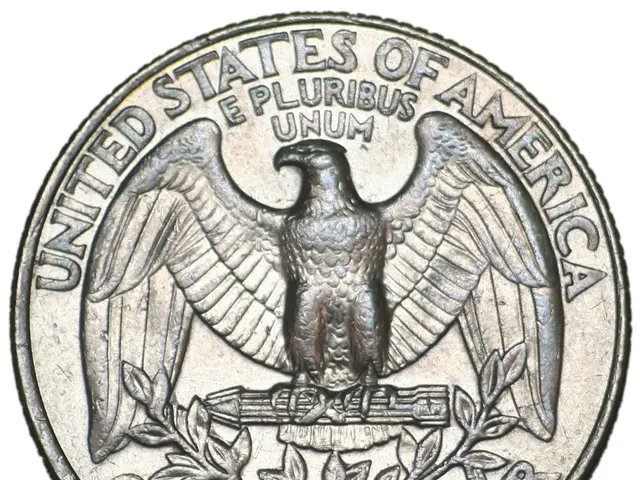Which Social Media Platform Offers a Better Business Promotion: Instagram or Facebook?
Toss up between Instagram and Facebook for your advertising biz? Gotta determine which social media platform best fits your marketing needs. Here's a breakdown of benefits for each platform and why one might be superior to the other.
First up, let's dive deep into Instagram's capabilities for promoting businesses. Here's the lowdown on the platform's advantages:
#1: More Reach, Everywhere
Instagram boasts 800 million monthly active users and around 500 million daily active users. With a user base like that, it's like the perfect playground to boost visibility. Plus, over 1 million advertisers are already making the most of it.
#2: Insanely High Engagement
One of Instagram's crowning achievements is its sky-high engagement rates. Users share over 95 million photos and videos daily, totalling 4.2 billion likes in a single day. The platform reported an engagement rate of 0.84% back in March 2016, the highest compared to all other social media platforms.
#3: Killer Traffic Engagement
Not only does Instagram offer incredible engagement, it delivers highly-engaged website visitors, too. Visitors stay an average of 3 minutes, longer than most marketing channels!
#4: Demographic appeal
Instagram is a hot spot for the young and hip crowd. In 2015, a Pew Research study found that 31% of women and 24% of men online use the platform. Great for reaching a trendy, youthful audience, and perfect for influencer marketing.
Now, let's move on to the big daddy of social media—Facebook. Here's a rundown of the advantages it offers for your business:
#1: Massive Reach
Facebook reigns supreme with 2.2 billion monthly active users, making it the go-to platform for expanding your reach. So if you're looking to up your visibility, Facebook is the way to go.
#2: Better Engagement (still strong)
Though Instagram beats Facebook when it comes to engagement, Facebook still holds the number two spot when compared to other social media platforms. User interactions with brands are second only to Instagram according to various studies.
#3: Demographic Power
Facebook has a broad appeal, attracting internet users across all age groups. It's popular among women with 77% of female internet users and men with 66% on the platform, making it a versatile choice for reaching out to diverse audiences.
#4: Ad Dynamite
Facebook ads consistently perform exceptionally well. Facebook generated an astounding $6.82 billion in ad revenue back in 2016. That's a whopping 59% increase since 2015!
Showdown!
Based on the data presented, here's the lowdown on how each platform compares:
#1: Instagram—Killer Engagement
Instagram outperforms Facebook in terms of engagement. In a study by News Whip, they found a massive disparity in engagement for the same brand on Instagram versus Facebook.
#2: Facebook—Higher Visibility
Facebook offers unfettered reach and is more popular across all age groups. So, if you're looking to boost visibility without targeting a specific age group, Facebook will likely serve you well.
#3: Instagram—Youthful Audience Targeting
Instagram excels at reaching younger audiences, making it an excellent choice for businesses targeting them.
#4: Facebook—Distributing Information
Facebook allows users to share an unlimited number of links to their blogs or product pages, making it ideal for spreading information or promoting blog posts.
The Verdict
So, which one is the right fit for your eCommerce business? It all comes down to your goals and what you wish to achieve with your advertising campaign. The benefits of Facebook and Instagram are subjective, and the perfect choice depends on your target audience, marketing strategy, and budget. Happy marketing!
Content marketing can benefit from both Instagram and Facebook, as both platforms offer opportunities to share engaging visual content that drives interaction with the audience. With Instagram's high engagement rates and youthful demographic appeal, it provides ideal conditions for influencer marketing in the entertainment industry, particularly for brands targeting younger audiences. On the other hand, Facebook's massive user base and wide demographical appeal offer a broader reach for marketing campaigns, making it an effective tool for distributing information and promoting blog posts or product pages through social media marketing. Technology advances continue to improve the capabilities of both platforms, allowing them to adapt to and meet the evolving needs of businesses in various industries.








